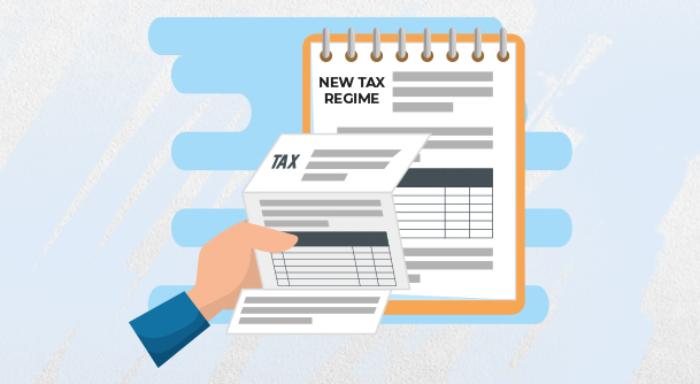Tax on Employee Bonus in India
Blog Title
4104 |
8/21/25 5:38 AM |
A bonus is an extra payment given by your employer, usually for good performance or as a yearly incentive. It’s over and above your regular salary and can come in different forms. It can be performance-based, festive, or even a bonus for joining the company.
This additional income may feel like a reward, but from the government’s perspective, it’s taxable income.
Do You Have to Pay Tax on Your Bonus in India?
Yes, bonuses are fully taxable in India. The Income Tax Department treats your bonus just like your salary. So, the moment you get a bonus, it gets added to your total income and taxed as per your income slab.
Let’s say your yearly income is close to the next tax slab. If you get a big bonus, it can increase your total income and move you into a higher tax slab. This means you’ll have to pay more tax on the extra amount above the slab limit. This is why many people feel like bonuses get “eaten up” by taxes.
When is the Tax on Your Bonus Deducted?
Employers deduct Tax Deducted at Source (TDS) on bonuses just like they do on your regular salary. Usually, it’s deducted at the time of payment. If you’re getting a bonus in March, the TDS will be reflected in that month’s salary slip.
The tax is calculated based on your estimated annual income (including the bonus), and the TDS is adjusted accordingly. If your employer has already deducted enough tax earlier in the year, there may not be much difference. But if this bonus comes as a surprise or wasn’t planned, you might see a bigger deduction that month.
Tax Treatment of Statutory Bonus vs Ex-Gratia Bonus
There are mainly two types of bonuses:
- Statutory Bonus: This is mandated under the Payment of Bonus Act. It’s generally applicable to employees earning below a certain salary level. It’s still taxable.
- Ex-Gratia or Performance Bonus: This is entirely up to the employer and is usually based on your performance or company profits. This is also fully taxable.
These bonuses are not taxed differently — they’re all added to your total income and taxed as per your slab. Both are added to your taxable income, and tax is calculated as per your income slab.
How to Minimize Tax on Your Bonus?
You can’t escape the tax on bonuses, but you can plan better to reduce your overall tax liability. Here are some smart strategies you can follow:
1. Invest in Tax Saving Insurance Options
Products like term insurance, life insurance plans, and ULIPs (also known as unit linked insurance plans) come with tax saving benefits under Section 80C.
- A term insurance plan offers financial security for your family and gives you a term insurance tax benefit under Section 80c of the Income Tax Act of 1961.
- A ULIP gives you the chance to grow your money through market-linked returns while also offering ULIP tax benefit under Section 80c and Section 10(10d).
By investing in these tools wisely, you can reduce your taxable income and make the most of your bonus.
2. Use Other Tax Saving Investments
Along with insurance, you can consider other tax saving investments like ELSS mutual funds, PPF, or NPS. These instruments not only help you plan for long-term goals but also qualify for deductions.
Always keep in mind that tax saving insurance products offer dual benefits—life cover and tax saving. It's a win-win.
Reporting Your Bonus in Your ITR: Here’s How
When filing your Income Tax Return (ITR), make sure you report your bonus as part of your salary income. It is usually already included in Form 16 provided by your employer.
You don’t need to list it separately unless you are filing using detailed income breakups. Always double-check your Form 26AS and AIS (Annual Information Statement) to ensure the bonus is correctly reflected.
If too much TDS has been cut from your salary, you can get that extra money back by claiming a refund when you file your ITR. If it hasn’t been deducted, you’ll have to pay a self-assessment tax.
Final Thoughts
While you may not be able to avoid tax on your bonus, smart financial planning can help you reduce the tax burden. It can also help you to use your bonus in the most effective way. Make your bonus work harder with smart moves like life insurance, tax saving investments, or going online with your policy.
The right strategy doesn’t just save tax—it also helps you build wealth, protect your loved ones, and reach your financial goals.
So, the next time you get a bonus, don’t just spend it—plan it.





